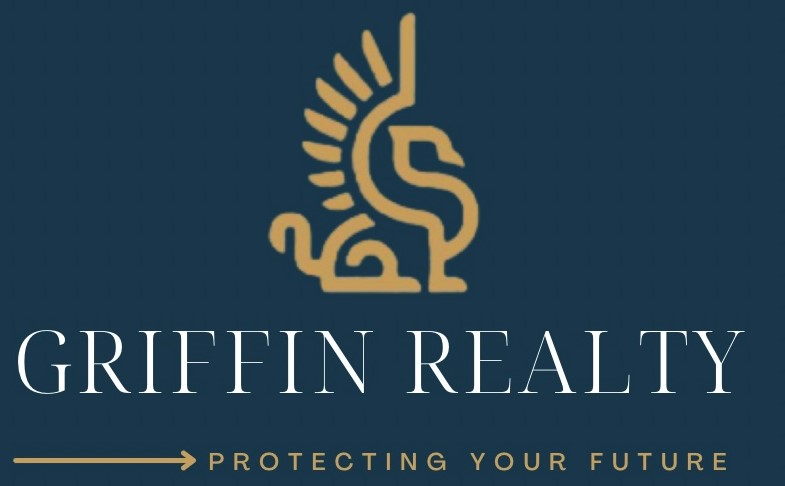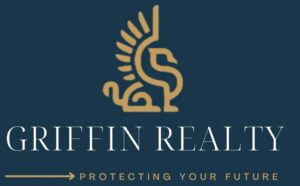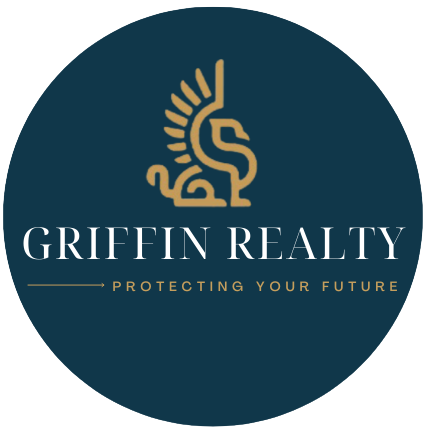Raleigh, North Carolina’s “City of Oaks,” stands tall as one of the nation’s fastest-growing markets for commercial real estate investing and leasing.
The dynamic metro area has seen a surge in population and employment growth in the last decade, making it a competitive market for office and retail investments as the city expands. Crexi equips individuals seeking to invest or lease in Raleigh commercial real estate with the tools needed to quickly search, analyze, and transact property.
Raleigh brokers, and those representing Raleigh properties nationwide, harness Crexi’s robust platform and marketing tools to develop their network and close more deals. To date, Crexi empowered brokers have completed more than $300 billion in commercial transactions, representing more than $1.2 trillion in property listings.
Crexi proudly supports Raleigh, Chapel Hill, Durham, Garner, Cary, and surrounding communities as the region’s fastest-growing online CRE platform.
The State of Raleigh Commercial Real Estate
Raleigh is rated as one of the top commercial real estate markets in 2021. Dynamics driving the demand for commercial space in metropolitan Raleigh include population and job growth, and very competitive office and retail rents spurring business expansion and relocation.
Located in the southern part of North Carolina, Raleigh is the capital and the second-largest city in the state. The diverse economy is powered by life science institutions, world-class technology companies such as Amazon and Google, and a pro-development, business friendly government that strives to create a high quality of life for the businesses and residents who work, live, and play in Raleigh.
The region boasts more than 9,000 acres of parkland and one of the tastiest food scenes in the Southeastern U.S. Sports fans can cheer on the NHL Carolina Hurricanes at the PNC Arena, while art lovers will find five must-see museums in Raleigh, including the North Carolina Museum of Art.
Raleigh Regional Breakdown
Even though Raleigh has a small-town atmosphere, the population density of Raleigh is similar to Atlanta and Austin. Baby Boomers, Millennials, and Gen Z keep moving to Raleigh for the job opportunities, lower cost of living, and high quality of life:
- Raleigh is home to about 475,000 residents with over 1.3 million people living in the metropolitan area.
- Population of Raleigh has grown by more than 2% year-over-year.
- By 2035 the population of Raleigh is projected to increase by another 125,000 people.
- Metropolitan Raleigh consists of Wake and Durham counties.
- Primary suburbs and satellite towns in the metro area include Wake Forest, Cary, Morrisville, Clayton, and Knightdale.
- Median age in Raleigh is 37.3 years with 55% of the population between the ages of 20 and 59.
STEM (science, technology, education, mathematics) job opportunities are rapidly growing in Raleigh. Commercial real estate investors may be surprised to learn that Raleigh is outpacing traditional high-tech cities such as Boston and San Francisco for high-tech employment, biotech, and creation of new STEM jobs:
- The GDP of the Raleigh MSA is over $94.8 billion and has grown by more than 87% over the past decade.
- Employment rate in Raleigh increased over 3.5% last year, while the median household income grew 9.45% year-over-year.
- The unemployment rate in metropolitan Raleigh is 3.9%.
- Employment sectors showing the strongest signs of growth in Raleigh include trade and transportation, professional and business services, and information technology.
- Raleigh anchors one corner of the North Carolina Research Triangle, home to one of the world’s largest high-tech and biotechnology research parks.
- Major employers in Raleigh include Duke Energy Progress, North Carolina State University, the State of North Carolina, UNC Rex Healthcare, and WakeMed Health and Hospitals.
- Capital Broadcasting, First Citizens BancShares, and Red Hat software are major companies based in the Raleigh metropolitan area.
- Major universities in and around Raleigh include Duke University, North Carolina State University, and the University of North Carolina at Chapel Hill.
- Over 92% of Raleigh residents are high school graduates or higher, while 48% hold a bachelor’s or an advanced degree.
The transportation infrastructure of the Raleigh metro area includes major highway Interstate 40, Amtrak, and the Raleigh-Durham International Airport, serving domestic and international travelers, along with FedEx and UPS cargo service.
Raleigh Industrial Market
Market vacancies in the Raleigh industrial market are near record lows, with leasing activity driven by tenants in the logistics, clean-tech, retail, pharmaceutical, and life science industries. Several large buildings and tech parks are being redeveloped for biotechnology, pharmaceutical, and medical distribution uses:
- Total industrial inventory: 92,505,358 SF
- Average asking rent: $8.62 per SF per year, NNN
- Vacancy rate: 3.7%
- Absorption: 3,056,514 SF Q1 2021
- New construction: 564,795 SF under construction as of Q1 2021
- Most active industrial areas: Morrisville, Raleigh, Knightdale, Durham, Chapel Hill, Roxboro
Discover Raleigh industrial space for rent.
Raleigh Office Market
The absorption of office space in Raleigh has been trending negative year-to-date, while nearby Durham has seen net gains in office absorption. The Raleigh office market is home to more traditional businesses, with many employees still working from home. Typical office tenants in Durham are in the medical, pharmaceutical, and life sciences industries, which require workers to be onsite:
- Total office inventory: 75,189,301 SF
- Average asking rents: $27.45 per SF per year, NNN
- Overall vacancy rate: 7.8%
- Absorption: – 261,110 SF Q1 2021
- Leasing activity: 1,021,674 SF
- New construction: 1,759,394 SF of office space under construction
- Recent leasing activity: Schneider Electric USA 65,000 SF, Charles & Colvard manufacturing 36,344 SF, Acute Investments real estate 22,121 SF
Discover Raleigh office space for lease.
Raleigh Retail Market
Compared to other areas, the Raleigh/Durham retail market has performed relatively well throughout the pandemic and is poised to outperform this year. The metropolitan area’s strong demographics, robust job market, population growth, and gains in median household income should help support the retail market in the long-term:
- Total retail inventory: 38,188,932 SF
- Average asking rent: $21.42 per SF per year, NNN
- Total vacancy rate: 4.4%
- Net absorption: 92,941 SF Q1 2021
- New construction: 7,800 SF delivered with 33,065 SF under construction
- Recent retail activity: Expansion of the North Hills shopping center to mixed-use residential and office space; redevelopment of the Cary Towne Center.
Discover Raleigh retail property for lease.
Raleigh Multifamily Market
The performance of the Raleigh multifamily market remains strong, with rents spiking and occupancy increasing due to a supply shortage. Demand for multifamily in Raleigh/Durham is being driven by growth in the labor market and expansion of technology and life science companies such as Amazon, Eli Lilly, Fujifilm, and Google:
- Total housing units: 562,945
- Renter occupied: 34%
- Asking rent: $1,263 per month
- Average cap rate: 4.6%
- Median sales price per unit: $157,600
- Vacancy rate: 8.5%
- New construction: 789 units delivered through Q1 2021 with 5,268 currently under construction
- Most popular neighborhoods: Downtown Raleigh, Brier Creek, Cameron Village, Lakeview
- Median household income: $80,096
- Per capita income: $40,209




